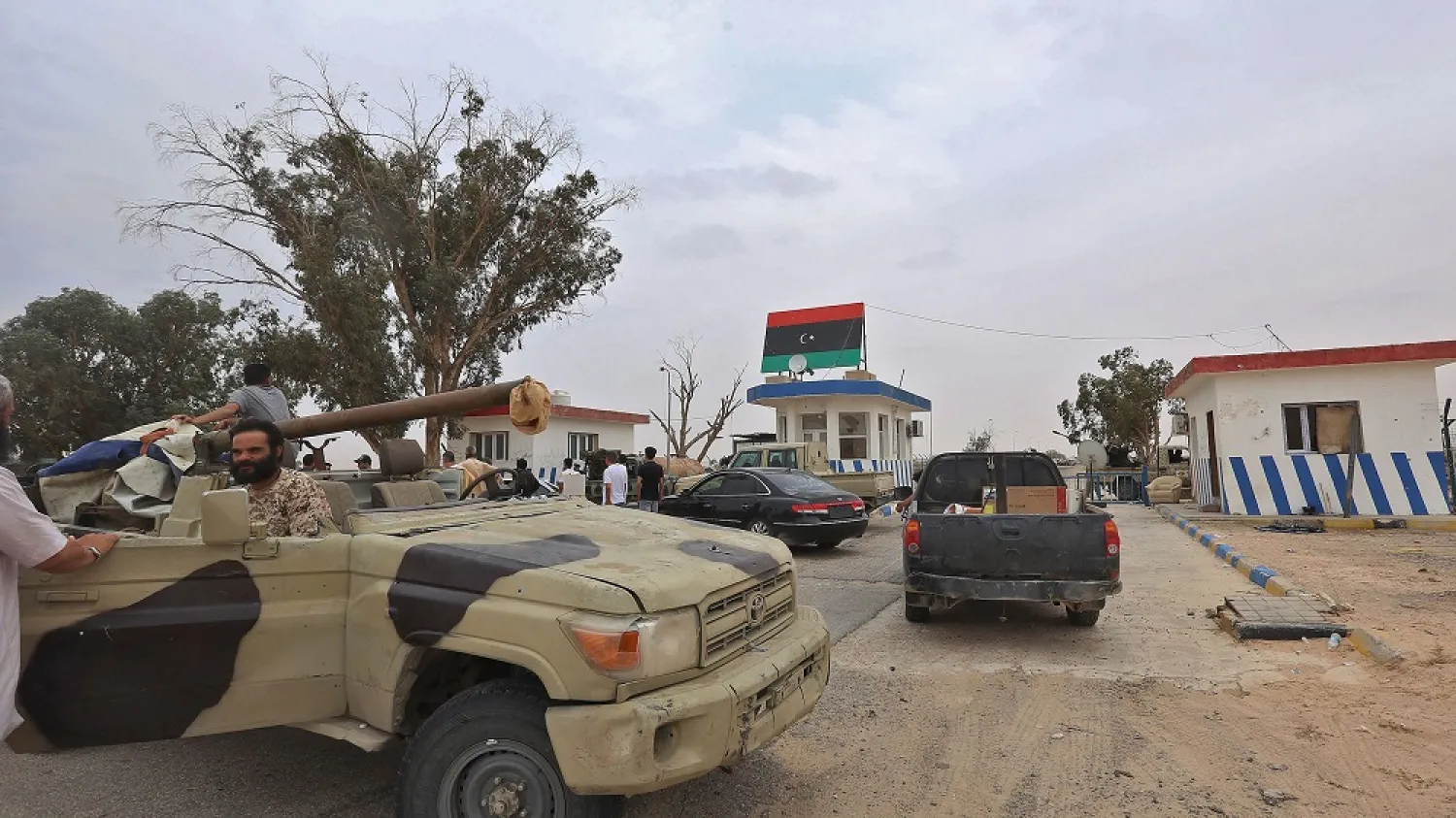Turkey is continuing its contacts with various effective players in Libya, leading with Russia, amid reports that it was planning on setting up permanent military bases in the North African country.
Russian Foreign Minister Sergei Lavrov and Defense Minister Sergei Shoigu are expected in Istanbul on Sunday for talks with their Turkish counterparts on Libya and Syria.
Turkish Defense Minister Hulusi Akar had held a telephone call with NATO chief Jens Stoltenberg on Libya, while President Recep Tayyip Erdogan had received in Istanbul on Friday head of the Libya’s High Council of State Khalid al-Mishri.
Discussions focused on bilateral relations and the need to boost cooperation in all fields. Turkey said it was ready to help Libya build its economy and achieve stability and development.
Turkish presidential spokesman Ibrahim Kalin said contacts are ongoing over reaching a political solution in Libya based on United Nations resolutions and this year’s Berlin conference.
Meanwhile, Turkey’s Yeni Safak daily, which is close to Erdogan, reported that Ankara is planning on setting up permanent military bases in Libya’s al-Watiya airbase and at its Misrata port.
It cited “provocations” from Greece in the eastern Mediterranean, which is raising tensions there and demands the presence of Turkish naval forces in Libyan regional waters.
It cited “regional sources” as saying that military cooperation between Libya and Turkey will rise to “higher” levels after the visit paid to Ankara last week by Libyan Government of National Accord chief Fayez al-Sarraj, who held talks with Erdogan.
Kalin on Friday said Ankara is in favor of a political solution in Libya, reported Yeni Safak.
He said Turkey will not undermine any call for ceasefire but it is important to see where this call is coming from and what is the motive.
Cairo had recently declared an initiative aimed at reaching a ceasefire in the conflict, resuming political talks and electing a leadership council.









